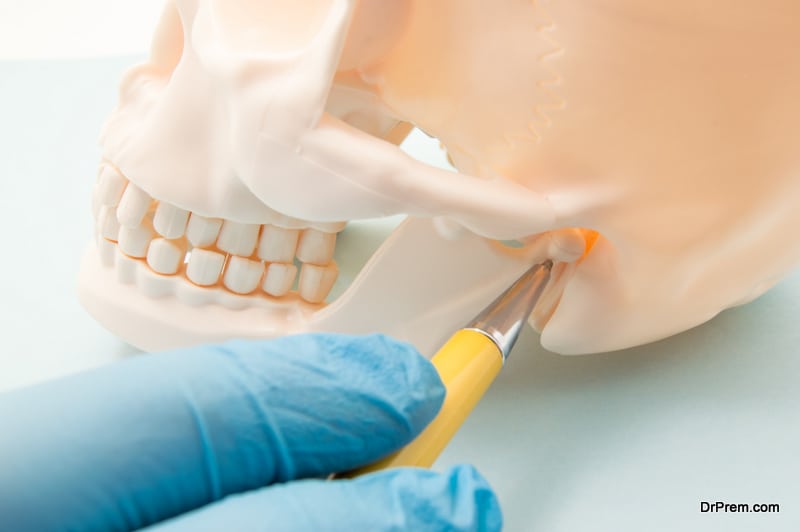TMJ (temporomandibular joint) is a condition that affects the hinge joint that controls the opening and closing of the mouth. The condition causes you to feel severe pain when you try to eat or talk. The causes of TMJ have remained to be a mystery for many years. However, experts in the medical fraternity argue that there are circumstances that trigger the condition. They include an injury to the jaw, grinding of teeth, arthritis in the joint, poor dental hygiene and stress. Although the condition is not preventable, there are a few things that you can do to spare your jaw from sharp pain. All you have to do is follow the tips outlined below.
1. Seek Medical Help

When you realize that you have a sharp pain in your joint that has persisted for several days, it’s recommended that you visit the nearest dental office that specializes in TMD. This is because they have all the tools that are needed to diagnose the condition. Remember, TMJ can easily be confused with sinus infection because the two disorders share the same symptoms that include headaches, dizziness, swelling on the side of the face and tenderness around the joint. During the screening process, the doctor may request for MRI, CT scan or x-ray so that he can get a better view of the jaw joint and the muscles around it. The doctor might prescribe for painkillers and anti-inflammation medicine.
2. Apply Hot or Cold Packs
If your TMJ was induced by an injury to the jaw joint, you should consider using cold and hot packs. The cold packs help in calming the tissues of the nerves that may have been injured during an accident or a fight. When you place cold pack on the jaw, the freezing cold prevents the affected nerves from sending signals to the brain. The same process should be repeated several times in a day using hot packs to awaken the frozen muscles.
3. Stick to Soft Foods

When you have TMJ, it’s important you stop eating hard foods altogether. Such foods accelerate the pain in the jaws due to application of pressure on the teeth when the food is being chewed. You should therefore indulge in delicacies that can be eaten without chewing such as mashed potatoes and beans, cereals, scrambled eggs, cheese and yoghurt. You should also avoid eating raw vegetables and fruits. The good thing is that veggies and fruits can be blended to make smoothies.
4. Limit Jaw Movements
The more you move your jaws, the more pain you will feel. You should therefore limit your jaw movements as much as possible. For a start, you should never place your chin on the hand when relaxing. Resting in such a position causes all the weight of the head to land on the lower jaw. And that’s not all. If you are the type that like to answer calls while doing other stuff, you should avoid placing your phone between the ear and the shoulder because it will make you feel pain later on.
5. Use Night Guard
 A night mouth guard is highly recommended for people who grind their teeth when asleep. The night guard creates a barrier that makes sure that the teeth of the upper jaw don’t touch those of the lower jaw. The guard is actually made from flexible rubber material to avoid exerting pressure on the teeth.
A night mouth guard is highly recommended for people who grind their teeth when asleep. The night guard creates a barrier that makes sure that the teeth of the upper jaw don’t touch those of the lower jaw. The guard is actually made from flexible rubber material to avoid exerting pressure on the teeth.
Article Submitted By Community Writer




